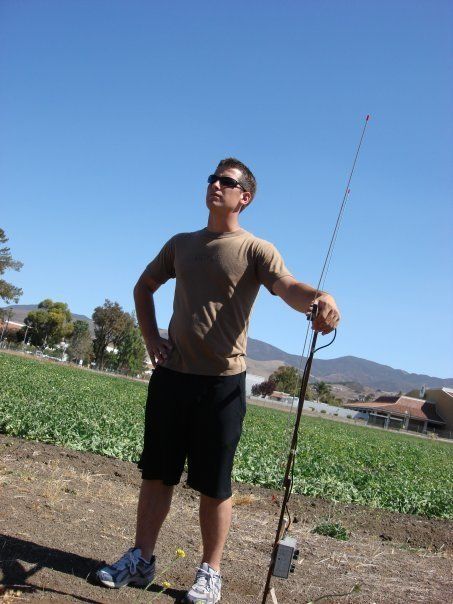FAST TRANSIENTS
THE TACTICAL TANGENTS BULLETINWHY YOUR HANDS SO SWEATY?
In his book about implicit survival signals The Gift of Fear, Gavin de Becker describes that your intuition is always right in two important ways: It always alerts you in response to a stimulus, and it always has your best interest at heart. There is a psychology experiment that illustrated this known as the Iowa Gambling Task.
The Iowa Gambling Task was an experiment in which participants were presented with four decks of playing cards. The game was played by drawing cards for which the participants would either win or lose money. During the task, participants were wired to monitor physiological changes—which included sweaty palms (specifically, “galvanic skin response,” which measures the conductance of your skin as a result of perspiration. Sweating is a mechanism of your sympathetic nervous system. Science, fool!)
The thing about their silly card game is that the four decks of cards were rigged. Some decks were good and some were bad. Participants were observed to consciously choose from the good decks after about 40-50 draws—but the study showed that healthy participants experienced a “stress” response when they hovered over bad decks after as few as 10 draws, long before a conscious realization that some decks were better than others. This happens because our brain releases chemicals in response to threats and rewards, and these chemicals drive our emotions. Through evolution our subconscious lizard brain has become pretty good at detecting threats and things that provide a sense of security.
Logic and reason, however, are comparably slow. How long does it take you to pull your hand away from a hot pan? Fractions of a second? Our emotions can get us in trouble—for example, cross-wired emotional impulses might persuade a person to stay in an abusive relationship, or be part of the reason someone spirals towards substance abuse against all rational advice to the contrary—but they also help us in a lot ways. Emotions allow us to speed up many of our decisions, the let us put some tasks in the background, and they control that sympathetic nervous response that might tell us we are in trouble. Our intuition is our sixth sense.
We certainly cannot base critical decisions on intuition alone. No one said our sixth-sense was correct—Just that it reacted to a stimulus, and that it has our best interest in mind. But we should never ignore it. Identify the stimulus. Challenge assumptions that you are safe. Maybe you can make a trivial adjustment: Walk on the other side of the road, wait for the next elevator, keep a little distance. If not, start asking what if and get ready for the next step.

Mike Doyle
Founder
Mike is a full-time police officer and tactical medic. He currently works as a K9 handler, SWAT team member, and Police Trainer. Mike started Tactical Tangents as part of his fundamental purpose to save lives. His goal is to enhance the survival of police officers and concerned citizens by helping them become better, smarter, faster, and more efficient. His opinions are for informational purposes only and do not reflect those of his employer or any other government agency.
LATEST EPISODE
Did you hear our Guardian of the Golden gate episode with Kevin Briggs? Hear what to say and what NOT to say to someone who is suicidal. We also did an episode on the “Tactical” personality… Are you That Guy? You are, aren’t you. Don’t be that guy… tacticaltangents.com/podcast
LOOKING FOR AN OPTIC?


0 Comments